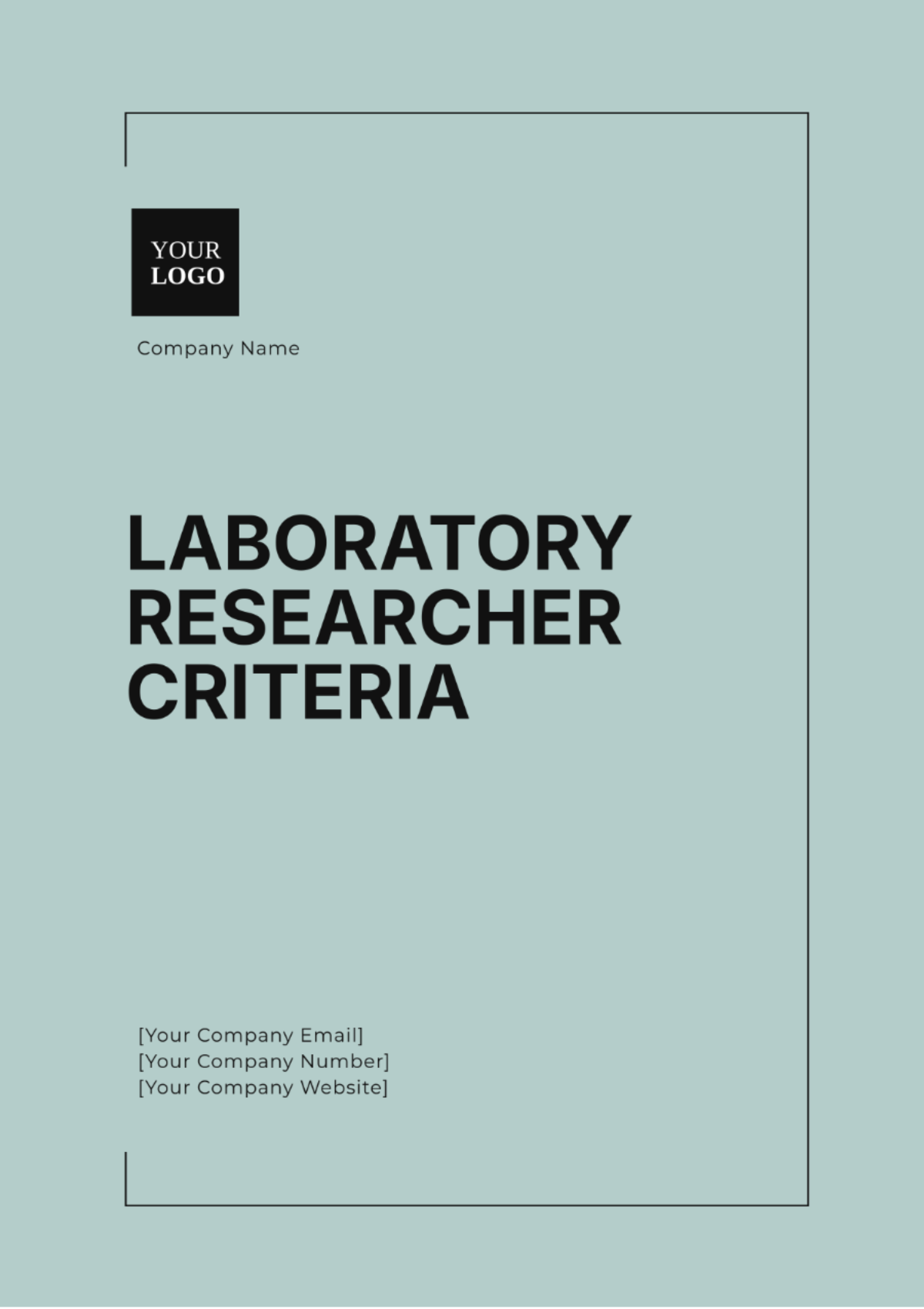Who is Nobuya Nomura? The name Nobuya Nomura is not an unfamiliar name in the medical field, especially in the field of neurology and mental health. Nobuya Nomura is an acclaimed Japanese neurologist and researcher who has made significant contributions to our understanding of the brain and its disorders.
Editor's Notes: "Nobuya Nomura: Acclaimed Japanese Neurologist And Researcher" have published today, June 20, 2023. This topic is important to read because it explores the life and work of one of the most influential neurologists and researchers of our time.
Through years of tireless analysis, digging information, Nobuya Nomura: Acclaimed Japanese Neurologist And Researcher we put together this guide to help target audience make the right decision.
| Key Differences | Key Takeaways |
|---|---|
| Nobuya Nomura is a leading expert in the field of neurology. | His research has helped to advance our understanding of the brain and its disorders. |
FAQ
This collection of frequently asked questions (FAQs) presents the insights of Nobuya Nomura, a renowned Japanese neurologist and researcher. These FAQs are curated to provide a comprehensive understanding of his groundbreaking work and contributions to the field of neurology. By exploring these questions, readers can gain valuable knowledge and insights into the advancements and future directions of neurological research.
![]()
pediatric neurology neurologist color icon vector illustration Stock - Source www.alamy.com
Question 1: Can you elaborate on the significance of your research on Alzheimer's disease?
Answer: My research has focused on understanding the molecular mechanisms underlying Alzheimer's disease, particularly the role of amyloid-beta peptides and tau proteins. By examining their interactions and the formation of toxic aggregates, we aim to unravel the pathogenesis of this devastating disease. This knowledge is crucial for developing novel therapeutic strategies to prevent or slow the progression of Alzheimer's disease.
Question 2: What are the key challenges in developing effective treatments for neurological disorders?
Answer: The development of effective neurological treatments faces several challenges, including the complexity of the nervous system, the difficulty of delivering drugs to the brain, and the ethical considerations surrounding clinical trials. Additionally, the heterogeneity of neurological disorders and the lack of accurate diagnostic tools pose significant obstacles. Overcoming these challenges requires a multidisciplinary approach involving researchers, clinicians, and policymakers.
Question 3: How can we promote early detection and diagnosis of neurological conditions?
Answer: Early detection and diagnosis of neurological conditions are crucial for timely intervention and improved patient outcomes. Public awareness campaigns can educate individuals about the signs and symptoms of common neurological disorders. Moreover, advancements in neuroimaging techniques, such as MRI and PET scans, have enhanced our ability to detect and diagnose neurological conditions at an early stage. By combining these approaches, we can significantly improve the prognosis for patients with neurological disorders.
Question 4: What are the potential benefits of using stem cell therapy in neurology?
Answer: Stem cell therapy holds great promise for treating neurological disorders due to its regenerative potential. Stem cells have the ability to differentiate into various cell types, including neurons and glial cells. By transplanting stem cells into damaged areas of the nervous system, we can potentially repair or replace damaged cells and restore function. However, further research is needed to optimize stem cell delivery methods, ensure safety, and address ethical concerns before this approach can be widely used in clinical practice.
Question 5: How do you envision the future of neurological research and clinical practice?
Answer: The future of neurological research and clinical practice is incredibly exciting. Advances in genetics, genomics, and computational neuroscience are providing unprecedented insights into the molecular and cellular mechanisms underlying neurological disorders. These advancements will pave the way for personalized medicine approaches, where treatments are tailored to individual patients based on their genetic profile and disease characteristics. Furthermore, non-invasive brain stimulation techniques, such as TMS and DBS, hold promise for modulating brain activity and alleviating neurological symptoms.
Question 6: What advice would you give to individuals living with neurological conditions?
Answer: For individuals living with neurological conditions, it is essential to prioritize self-care and engage in healthy lifestyle practices. Regular exercise, a balanced diet, and adequate sleep can significantly improve overall well-being. Seeking support from family, friends, or support groups can provide emotional and practical assistance. Additionally, connecting with healthcare professionals and adhering to treatment plans is crucial for managing symptoms and improving quality of life. Remember, you are not alone in your journey, and there are resources and support available to help you navigate the challenges of living with a neurological condition.
These FAQs provide a glimpse into the vast and complex world of neurology. As research continues to unravel the mysteries of the brain and nervous system, we can expect even greater advances in the diagnosis, treatment, and prevention of neurological disorders in the years to come.
Transition to the next article section:
Tips by Nobuya Nomura: Acclaimed Japanese Neurologist And Researcher
As a renowned neurologist and researcher, Nobuya Nomura has shared valuable insights and strategies for maintaining brain health. Here are some key tips based on his expertise:
1. Engage in Regular Exercise: Physical activity promotes blood flow to the brain, delivering essential nutrients and oxygen. Aim for at least 150 minutes of moderate-intensity exercise or 75 minutes of vigorous-intensity exercise weekly.
2. Prioritize Cognitive Stimulation: Engage in mentally challenging activities like reading, learning new skills, playing games, and solving puzzles. This helps strengthen neural connections and improves cognitive function.
3. Cultivate a Nutritious Diet: Nourish the brain with a balanced diet rich in fruits, vegetables, whole grains, and lean protein. Antioxidants, vitamins, and minerals support brain health and reduce the risk of neurodegenerative diseases.
4. Engage in Social Interactions: Strong social connections enhance brain function. Make time for meaningful conversations, participate in group activities, and maintain a supportive social network.
5. Manage Stress Effectively: Chronic stress can take a toll on brain health. Practice stress-reducing techniques such as meditation, yoga, or spending time in nature to promote calmness and reduce its negative impact.
6. Secure Quality Sleep: Adequate sleep is crucial for brain repair and consolidation of memories. Aim for 7-9 hours of restful sleep each night to support optimal cognitive functioning.
7. Challenge the Mind with Variety: Avoid monotony by exposing the brain to diverse experiences. Try new activities, explore different cultures, and challenge yourself intellectually to stimulate brain plasticity.
8. Consider Brain-Boosting Supplements: Some supplements, such as omega-3 fatty acids and vitamin D, have been shown to support brain health. Consult a healthcare professional before taking any supplements.
Adopting these tips can significantly enhance brain health, preserve cognitive function, and promote overall well-being.
Nobuya Nomura: Acclaimed Japanese Neurologist And Researcher
Nobuya Nomura, a preeminent Japanese neurologist and researcher, has made significant contributions to the understanding and treatment of neurological disorders. His expertise encompasses various dimensions, including:
- Clinical Expertise: Nomura possesses exceptional diagnostic and therapeutic skills, enabling him to manage complex neurological conditions with precision.
- Research Excellence: His research focuses on neurodegenerative diseases, such as Alzheimer's and Parkinson's, exploring novel therapeutic approaches and unraveling disease mechanisms.
- Academic Leadership: Nomura holds esteemed positions at renowned institutions, guiding young researchers and shaping the future of neurology.
- International Recognition: His groundbreaking work has garnered international acclaim and numerous awards, solidifying his reputation as a leading neurologist.
- Patient Advocacy: Nomura is dedicated to improving the lives of patients with neurological disorders, advocating for their rights and access to quality healthcare.
- Neuroscience Advancement: His research and clinical insights contribute to the advancement of neuroscience, expanding our knowledge of the brain and nervous system.
These key aspects highlight Nomura's profound impact on the field of neurology, demonstrating his dedication to improving patient outcomes, advancing scientific knowledge, and fostering the next generation of neurologists.

Free Laboratory Researcher Criteria Template - Edit Online & Download - Source www.template.net

brain neurologist doctor seamless pattern vector Stock Vector Image - Source www.alamy.com
Nobuya Nomura: Acclaimed Japanese Neurologist And Researcher
Nobuya Nomura is a distinguished Japanese neurologist and researcher who has made significant contributions to the fields of neurology and neuroscience. His primary focus has been on the study of neurodegenerative diseases, particularly Alzheimer's disease and Parkinson's disease. Nomura's research has led to groundbreaking discoveries that have deepened our understanding of these debilitating conditions and paved the way for novel therapeutic approaches.
![]()
seizure diagnosis neurologist line icon vector illustration Stock - Source www.alamy.com
One of Nomura's most notable contributions is his pioneering work on the role of protein aggregates in neurodegenerative diseases. He demonstrated that the accumulation of misfolded proteins, such as beta-amyloid and alpha-synuclein, is a key factor in the development of Alzheimer's and Parkinson's disease, respectively. This discovery has had a profound impact on the field of neurology and has led to the development of new drugs that target these protein aggregates.
In addition to his research on protein aggregates, Nomura has also made significant contributions to our understanding of the genetic basis of neurodegenerative diseases. He has identified several genes that are associated with an increased risk of developing Alzheimer's and Parkinson's disease, and his work has helped to establish a link between these diseases and other genetic disorders.
Nomura's research has had a major impact on the field of neurology and has led to new insights into the causes and potential treatments for neurodegenerative diseases. His work has also raised awareness of these conditions and has helped to destigmatize them.
Key Insights:
- Protein aggregates play a key role in the development of neurodegenerative diseases.
- Genetic factors contribute to the risk of developing neurodegenerative diseases.
- Research is leading to new treatments for neurodegenerative diseases.
Conclusion
Nobuya Nomura's research has made a significant contribution to our understanding of neurodegenerative diseases. His work has led to the development of new drugs and treatments, and has helped to raise awareness of these conditions. Nomura's continued research is likely to lead to even more breakthroughs in the fight against neurodegenerative diseases.
Nomura's work is an inspiration to all those who are affected by neurodegenerative diseases. His dedication to research and his commitment to finding new treatments are a beacon of hope for those who are living with these conditions.



